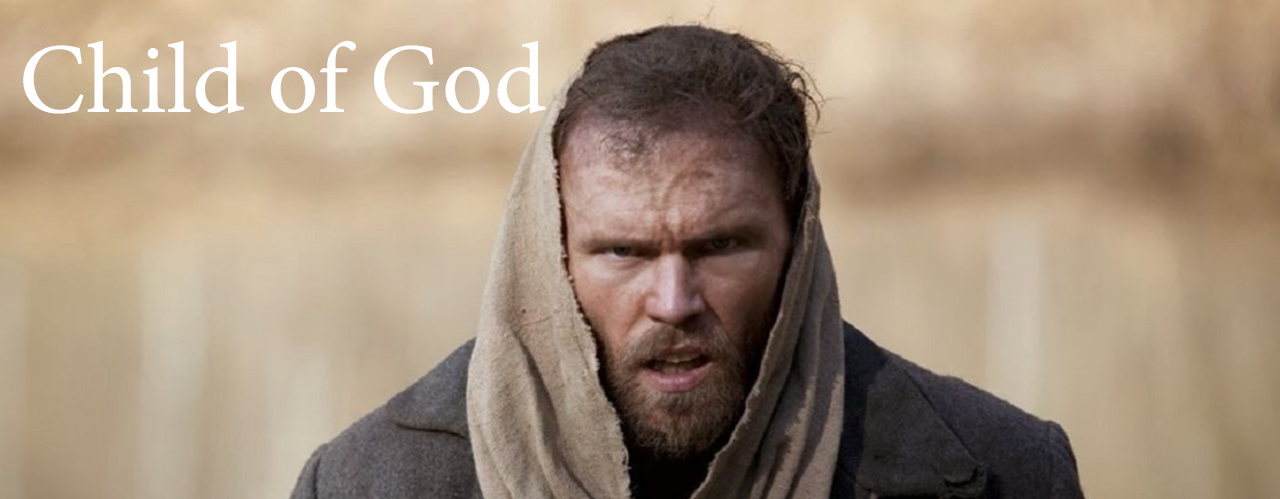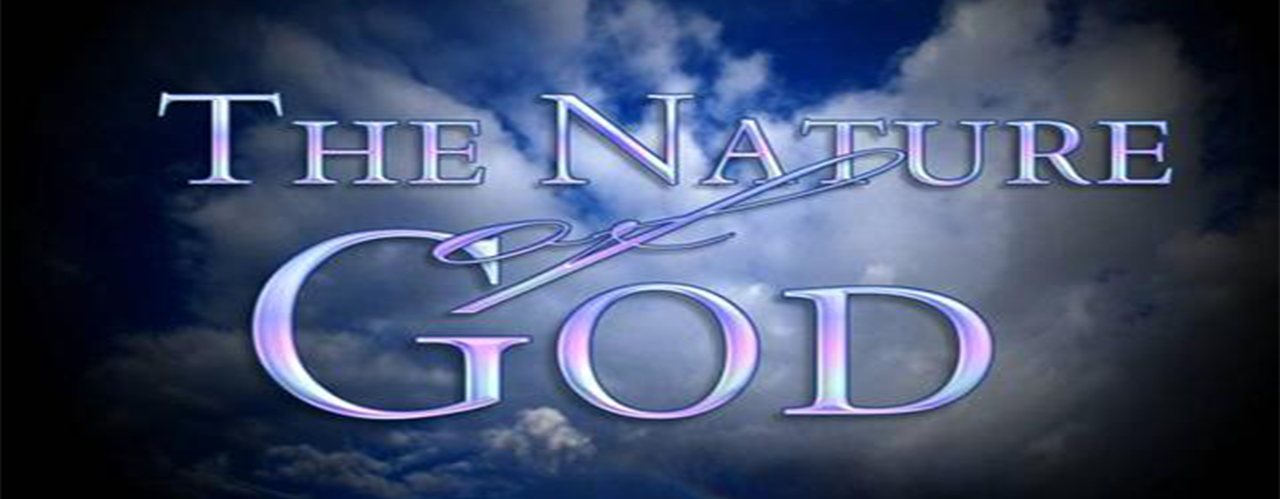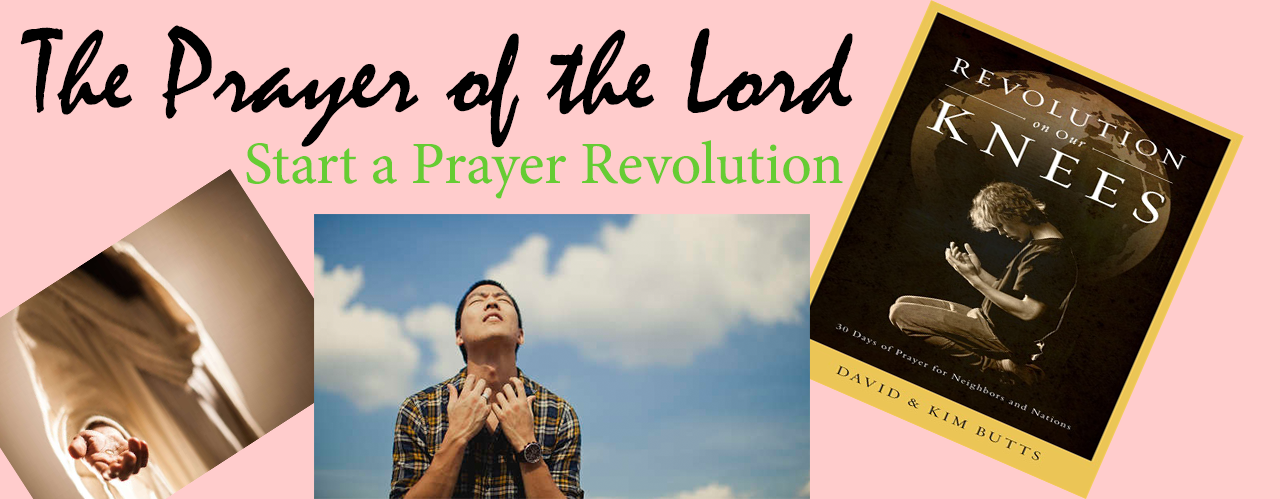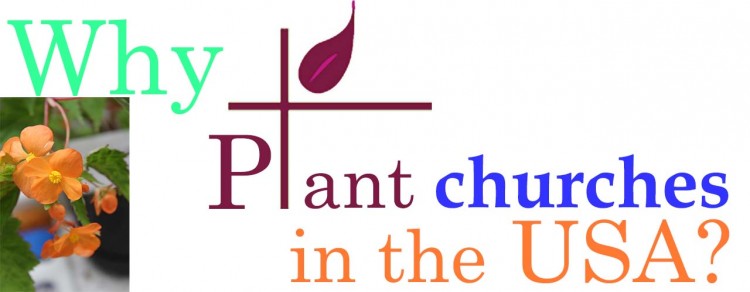Phil Christman | ‘The Americans’ has handled Christianity in a way unlike almost any other show. What’s going on? (FX Networks, 'The Americans')
In the first episode of The Americans, a pretty woman seduces a State Department bureaucrat. “You know,” he says to her, his voice thick with bluster, “most people, they get into their warm beds at night, they have no idea what really goes on out here. The sheer number of people working to destroy our way of life.”
He’s too distracted to finish the thought—and this may be a good place to mention that The Americans, which begins its fourth season on FX on March 16, is as graphically sexual and violent as you’d expect a cable show about spies to be. But by the time we see the woman drive away, tearing a wig from her head in disgust, we’ve figured out what he never will: that she is among those “working to destroy our way of life.”
In fact, she’s one of a pair of married Soviet spies hiding behind the respectably bland identities of Elizabeth and Philip Jennings, suburban travel agents. And both the ease with which the bureaucrat falls into Elizabeth’s trap and the machine-like efficiency with which she manipulates him (and herself) sets up exactly the Cold War conflict viewers expect to see: inhumanly efficient Communists versus freedom-weakened Americans.
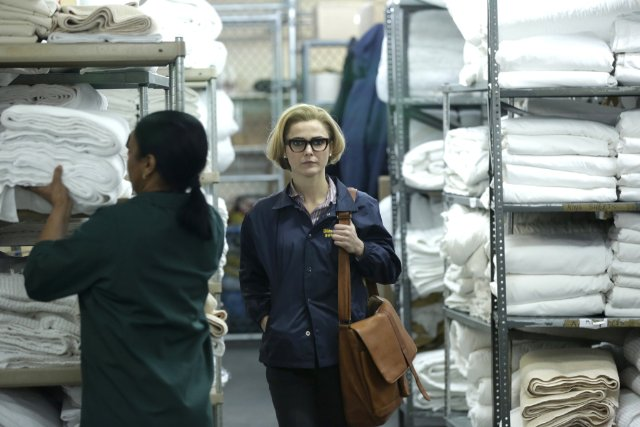 The Americans is a great show for many reasons, but one of them is surely that it keeps its viewers off balance. Its conflicts are again and again refracted and transformed; like the many-pseudonymed, oft-bewigged Jennings themselves, it is always more than it appears to be. (Keri Russell and Matthew Rhys, as the couple, make each transformation utterly believable; as you watch their targets convince themselves to trust them, you become a target yourself.)
The Americans is a great show for many reasons, but one of them is surely that it keeps its viewers off balance. Its conflicts are again and again refracted and transformed; like the many-pseudonymed, oft-bewigged Jennings themselves, it is always more than it appears to be. (Keri Russell and Matthew Rhys, as the couple, make each transformation utterly believable; as you watch their targets convince themselves to trust them, you become a target yourself.)
The family’s new neighbor, Stan Beeman, turns out to be an FBI man whose past career—as a sleeper agent who infiltrated a white-supremacist group—eerily mirrors theirs. Philip Jennings has meanwhile started to weaken in his hatred of America; he spends much of the pilot arguing the advantages of defection. Elizabeth’s militant patriotism, in turn, makes her not wholly unlike some of her Beltway neighbors. (Nor does Philip’s relative openness make him a less formidable enemy to national security than his wife: in future episodes, his greater insight into American mindsets often saves the Soviets from potentially disastrous overreaches. Nothing on this show is simple.)
The various sides are shown to be, as often happens to the various sides in a war, also at war with themselves. The Soviets jockey for position (mostly each other’s). Entrenched sexism at the FBI leads them to overlook a strategic vulnerability—her name is Martha, and she’s played brilliantly by Alison Wright. Philip and Elizabeth bicker over defection, over tactics, over which of them will be first to admit that their sham marriage is no longer really a sham. (The chemistry between Rhys and Jennings is so intense that the actors themselves have succumbed to it. This writer wishes them every happiness.)
Many writers have already, and rightly, pointed out that this spy show is “really about marriage” or, as the unsuspecting Jennings children took center stage in the second and third seasons, “really about family.” The US-Soviet conflict has never really gone away—some of the show’s most suspenseful moments coincided with President Reagan’s assassination, and Reagan’s “Evil Empire” speech put the exclamation point on last season’s cliffhanger.
But teenage daughter Paige’s storyline in particular—thanks in no small part to Holly Taylor’s superb performance—has taken on a gravity rarely afforded child characters on these sorts of shows (think of poor, irritating Dana on Homeland). Moreover, Paige’s storyline has allowed the show not only to explore generational conflicts with sometimes comic tenderness, but to pick up on a geopolitical conflict far more interesting than the one between Americans and Soviets.
Call it the war between the kingdom of Machiavelli and the kingdom of God.
Around the time in which the series is set, the Christian thinker Jacques Ellul wrote about this conflict in a brilliant, neglected book called Living Faith. As Christian enthusiasm swept Carter and then Reagan into the White House, Ellul condemned politics itself in startlingly sweeping terms. “Politics is the acquisition of power: the means necessary for getting it, and once you have it, the means for defending yourself against the enemy and so holding on to it,” he wrote. “All the fine talk about politics as a means of establishing justice . . . is nothing but a smokescreen that on the one hand conceals harsh, vulgar reality, and on the other justifies the universal passion for politics . . . that politics is the most noble human activity, whereas it is really the most ignoble. It is, strictly speaking, the source of all the evils that plague our time,” he continued, not putting too fine a point on it.
It’s hard to imagine many Christians—of any stripe—agreeing with this sentiment. And yet The Americans often seems to share Ellul’s dark vision of worldly politics. Repeatedly, on all sides, the characters destroy what they love, betray their own values, and violate what is best in themselves and each other in the course of merely holding onto what little power they’ve already acquired. The mere process of politics—the choosing of sides, leveraging of advantages, tallying of favors—subverts every good intention, both for the Americans and the Soviets. (Stan destroys both of the women who love him. Elizabeth almost destroys her marriage and may yet destroy her daughter. And we already know, living on this side of history, both that the Russians lose and that the arming of Afghan rebels, a key to that victory, would help lead directly to September 11.)
For all that, The Americans isn’t a truly cynical show: there are truly admirable people on the show. They’re just bad at politics.
We get our first glimpse of this conflict as early as the show’s second episode, “The Clock.” Philip and Elizabeth have a chance to bug Defense Secretary Caspar Weinberger’s office, but Moscow Center has given them mere days to pull it off. The only lever they have to pull is the Weinberger’s housekeeper, a brave and principled working-class black woman named Viola.
One day, as Viola’s college-age son walks between classes, a distracted, mousy-looking woman walks right into him, trampling his foot. (He apologizes to her: that’s the quality of person he is.) Of course, the woman is Elizabeth in yet another wig, and, as Philip (wearing another terrible disguise) reveals to a horrified Viola, she has injected the son with a fast-acting poison to which only Philip has the antidote. Let him plant a bug in Weinberger’s office radio, or the kid dies.
So many things about this episode are gripping and horrifying—the swiftness with which it moves, the likability of the targets, and the sheer meanness of the scheme, which seems to trouble even Philip’s calloused conscience. It’s sadly believable that the people powerless enough to be turned into weapons—Viola and her son—are black, a fact that takes on additional biting resonance in the very next episode, when we learn of Elizabeth’s long-running affair with a black American revolutionary and her apparently sincere revulsion at American racism.
But Viola’s strength under pressure is what makes the horror watchable, and the show’s writers directly credit that strength to her Christianity. “People who believe in God always make the worst targets,” says Philip at one point, and Viola does indeed refuse to capitulate—Philip has to nearly smother her son to death before her eyes to get the results he wants. Later in the season, she confesses everything to Weinberger, once again taking her life and her family’s lives into her own hands (and tightening the noose around Elizabeth and Philip’s necks).
All in all, a well-done hour of TV—and one that depicts a Christian character in an unusually positive light.
But watching “The Clock,” I didn’t expect that Philip’s words—“People who believe in God always make the worst targets”—would turn out to have haunting implications for the Jennings themselves: Paige has, over the course of the second and third seasons, become both a target and a person who believes in God.
The first development was probably predictable. If sleeper agents are useful, a second-generation sleeper agent, born and raised here, blends in even better. The first season’s final image seemed to tease in that direction, as Paige lingered near a secret alcove in the family’s laundry room. The tease continued in the second season, as Paige skipped school to investigate one of her parents’ increasingly flimsy cover stories. On the way back, she meets an overly-friendly teenage girl on the bus. By this point in the show, the characters’ paranoia has rubbed on the viewer: you just assume the girl is working for Moscow Center. Instead, she invites Paige to church.
This development wasn’t especially predictable. Nor was the sensitivity and nuance with which the show has handled Paige’s conversion, which is depicted both as a real change of heart and as an ingeniously convoluted act of teenage rebellion. Holly Taylor’s excellence in the role frees up the writers to explore both sides: when Paige prays, you can see both that she is truly trying to be an obedient Christian and that she’s aware of the effect she’s having on her parents. She watches them with her eyes closed, so to speak; her goodness is not untinged with passive-aggression.
Further complicating matters, Paige’s church is recognizably evangelical, but it follows none of the standard TV rules for what that’s supposed to look like. Pastor Tim (Kelly AuCoin) talks about salvation in terms of dramatic changes of heart, of Sinner’s Prayers and decisions for Christ. He also blasts racism and ecological destruction, campaigns for nuclear disarmament, and ministers directly to the poor. (I’d bet money there are a few battered Jacques Ellul paperbacks somewhere in his study.)
This is an evangelicalism as inflected by the Jesus Movement, the evangelicalism of early Tony Campolo and Bread for the World. It’s Rich Christians in an Age of Hunger rather than The Late Great Planet Earth. In depicting an era—the early ’80s—far more often remembered as the heyday of the Moral Majority, the showrunners have opted to depict a type of Bible-thumper whom liberal and secular audiences can’t simply dismiss. (Even Elizabeth can’t hate Paige’s new church as much as she’d like to; she cites Paige’s new interest in “left-wing” causes as a promising sign in a would-be recruit. Nothing on this show is simple.)
At first it seemed as if the showrunners would simply use Paige's Christianity to sharpen her teenage conflicts with her parents—with the godless yuppie materialists they pretend to be, and the godless dialectical materialists they actually are. But conversion is always a provocation, and Paige's Christianity has already changed her parents.
In the third season, Moscow Center orders Philip to seduce a government official's rebellious, underage daughter, Kimmie, so as to mine her for information. The job sickens Philip, who can’t help noting the many parallels between the two daughters. But his handlers have told him, in their discreet way, that his Russian son, whom he never knew he had, will be sent to the frontlines in Afghanistan unless he follows orders. Poor Kimmie, meanwhile, is exactly the sort of teenage romantic who sees age-of-consent laws as a triple-dog dare. (She takes a similar attitude toward the nation’s drug policies.)
The viewer braces for a great show to take a descent into truly unwatchable territory, and then, in the episode “Born Again,” something astonishing happens. Philip has just witnessed his daughter’s baptism. He meets Kimmie for yet another date. She asks him why he hasn’t slept with her. He breaks down, confessing that he has a son he never knew, that he doesn’t think he’s a good man, that he’s been going to church and “wondering about some things.” He asks Kimmie to pray with him. She does.
“That was amazing,” she says afterward. His prayer is almost plagiarized from Pastor Tim’s sermon, earlier in the episode.
Philip’s spycraft has never been sharper. He has, on one level, simply turned Kimmie into an even better source by giving her what she wants—which is, more than sex, a feeling of connectedness, importance. But the gambit only works as a gambit because Philip is so clearly speaking from a dark, burdened heart. He isn’t a good man. He needs forgiveness. He wants what Paige has.
To get what Paige has, of course, Philip will have to make far more than a quasi-confession to a lovestruck teenager. I don’t rate his chances highly, nor anyone else’s on this often-wrenching show, which I generally watch in two or three marathon sittings per season so my anxiety for the characters doesn’t completely wreck my sleep.
Last season ended with Paige calling Pastor Tim to inform on her parents. The Internet is aflame with guesses as to where the show will take us next. (My prediction: Paige begins the fourth season in a psych ward. How would you react if the intense new girl in your congregation told you her bland parents were KGB agents?)
But whatever happens from here—I haven’t even talked about Philip’s second sham marriage, under another identity, to poor Martha, or Stan’s flirtation with EST, and meanwhile, there is a whole Cold War to fight—the show has offered an unforgettable critique of worldly power’s workings. And even for those of us who aren’t yet prepared to embrace Ellul’s sweeping conclusions, The Americans has also reminded us how beautifully alien the gospel can appear to those most trapped in power’s machinery.
Phil Christman teaches English at the University of Michigan.








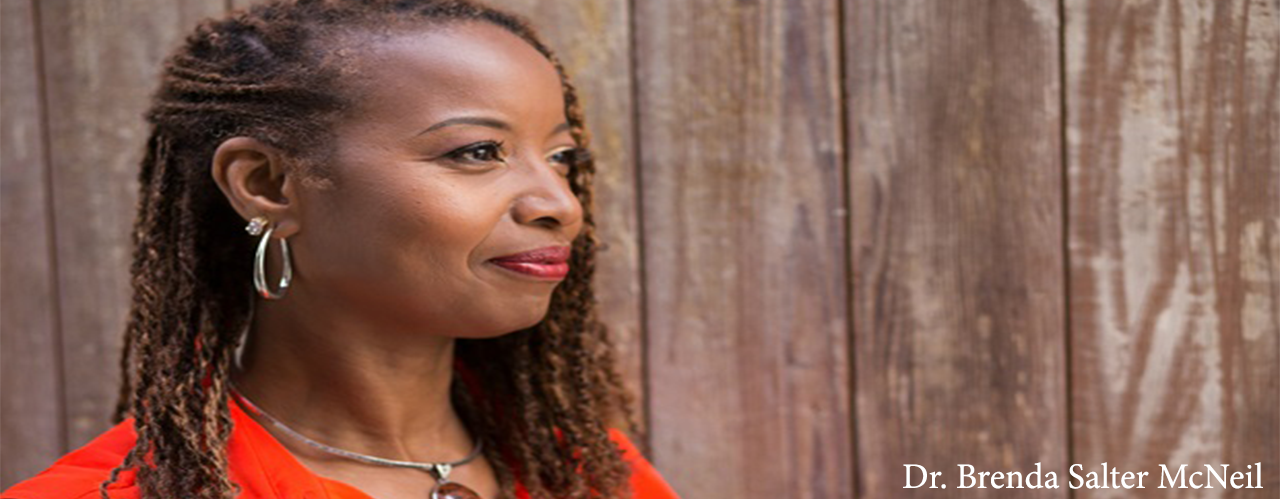
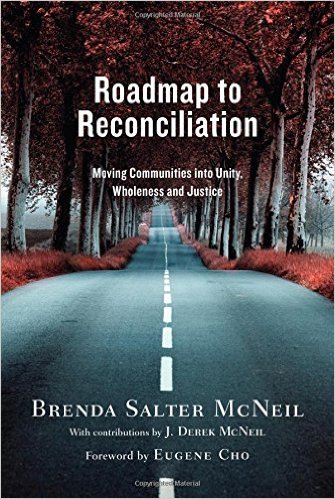 by
by 
